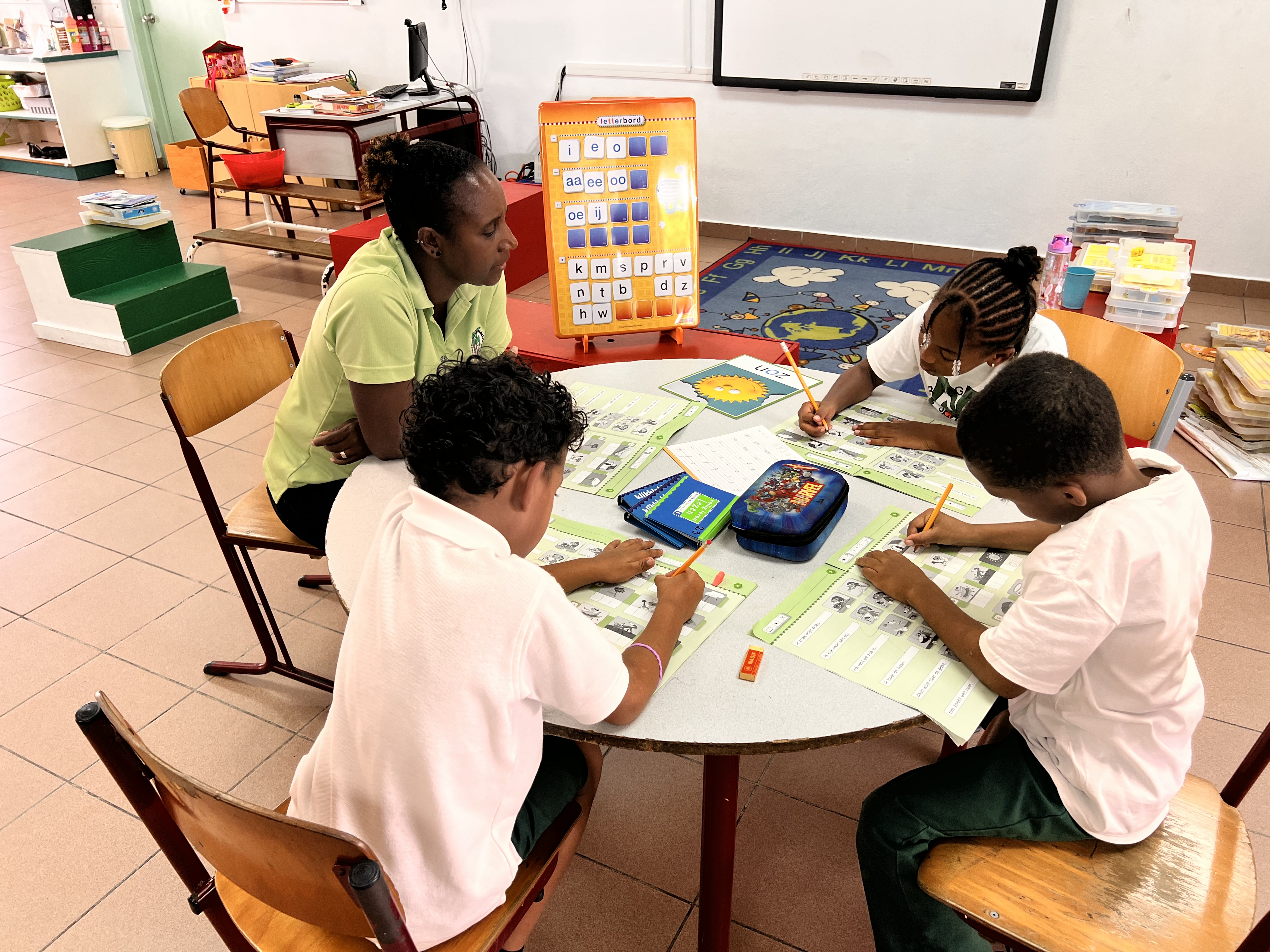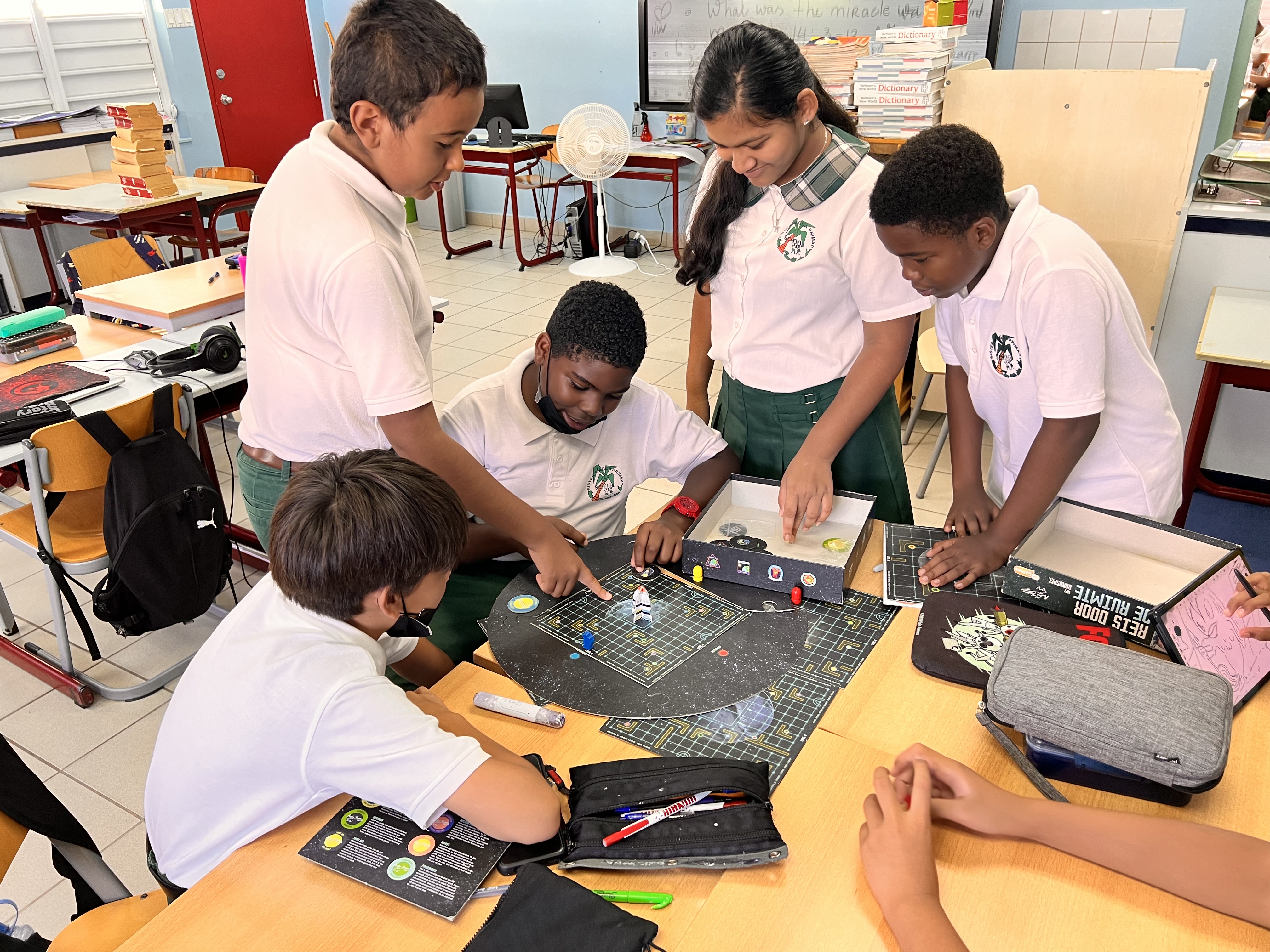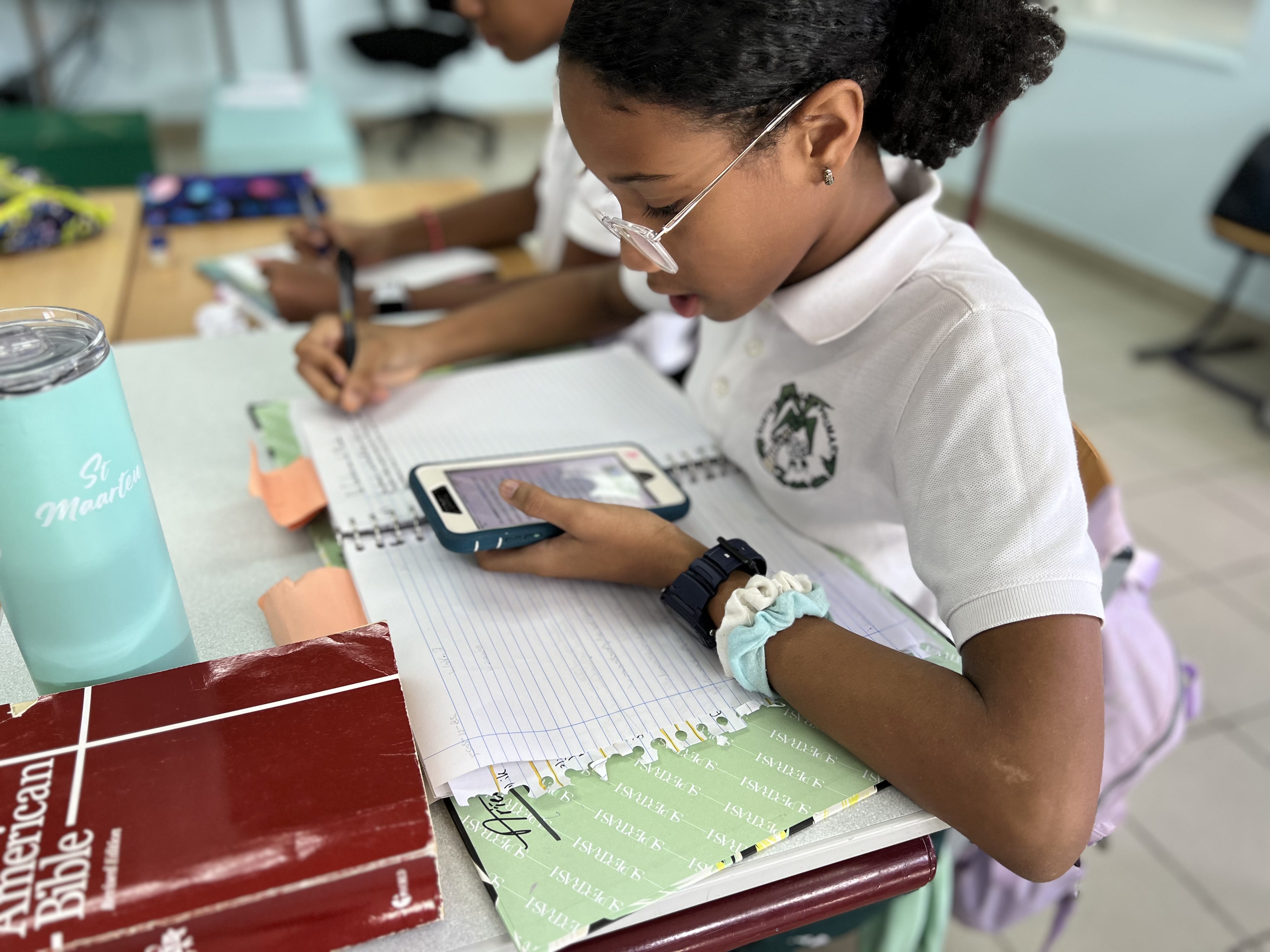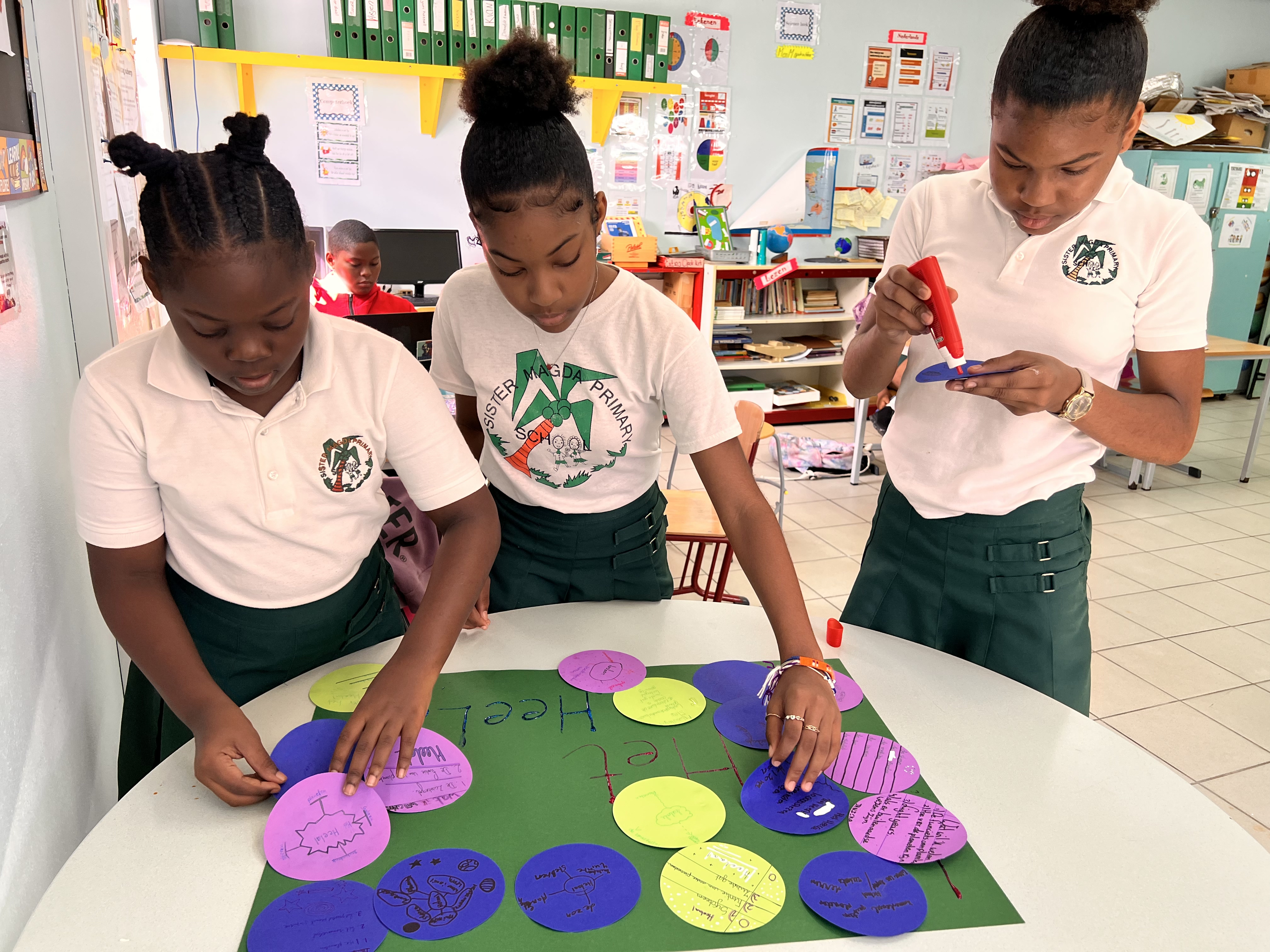Sr. Magda Primary School
Sign Up for more info
The world changes
The education sector is constantly changing and innovating. Because you have to train for the future, you are always thinking about what the school should be like in five years and what steps you need to take to get there.
At the Sister Magda Primary School, we work from a clear vision of education and that the needs of the child are more central. This pedagogical vision runs parallel to making the teacher more central, as a change agent in our school.
In our Christ-like environment, we naturally try to connect the trinity; school, team and individual development as much as possible so that this reinforces each other, and the knowledge and skills gained are spread further as oil slicks in the school. As a school, we are taking steps in the field of Experience-based learning and differentiated working.
Not only didactically, but also pedagogically which means that more and more is demanded of the education professional. To keep engaging and captivating young people, continued professionalization is not a profession but an attitude. It is important to keep the total system of educational organization and thus professionals in constant motion.
We take small steps and try to stimulate colleagues through study days, to then delve into one of those themes. Because in the 21st century we mainly work in teams, rather than independently, the focus of this competency is “realizing a goal together”. In other words, working together in the changing world.


Project Based Learning
With technology and digitization rapidly and constantly changing the future, providing 21st-century skills is very important in education.
In order to achieve this, we will work Project based (experientially) with our students.
Working together, complementing, and supporting each other is the required attitude at our school. Here the social and cognitive aspects play a major role.
To work together successfully, we teach our children the following:
– Recognize and acknowledge different roles in themselves and others.
– Asking for, giving and receiving help and feedback.
– Have a positive and open attitude towards other ideas.
– Have respect for differences.
– Negotiate and make agreements with others in groups.
– Functioning in heterogeneous groups.
– Communicating effectively.


Self-regulation
Today’s society shows that we are increasingly addressed as individuals, requiring us to respond continuously to many changes.
We encourage our students in taking their own responsibilities. In doing so, they must increasingly make independent choices and perform tasks.


Critical Thinking
We work to enable our students to independently make well-considered and reasoned considerations, judgments and decisions. In doing so, we work on the competence of ‘critical thinking’.
This requires analytical thinking skills and an open and inquisitive attitude. We challenge our students to project on topics, questions and problems by thinking about them and forming opinions about them. We also teach them to test and apply the ideas of others.


Yes, Education is changing and our Experience-oriented (EGO) & Learning Square School is ready!
As an experiential school where we want to give Inquiry-based learning a place, working in a learning environment is very suitable. A learning environment is an area in a school where students can work independently or in groups on assignments.
It provides the opportunity for students to process material independently after instruction in peace and quiet. This is because in the classroom, there are relatively many students in a small space and instruction is often given. The fact that students can participate in thinking about the conditions under which they can best learn is in line with students’ need for autonomy. It appears to increase students’ motivation for learning.
Through the learning squares, we can better tailor our education. Students differ in the way they learn. One may benefit from the explanations given by our teacher, while another likes to figure things out for himself. One student likes to work alone, and another likes to work with a fellow student on an assignment. There are students who like to work on assignments that lead to a product. Such as a presentation, video and assignments. This is better done on a learning site than in a classroom. When one student already understands something and another does not, the student who already understands something can continue working on assignments in the learning square.


Our Sister Schools
School Coordinator
Anjanie Kavita Ganput
-
Address
Cupper Dr,
Philipsburg,
Sint Maarten -
Email
-
Website
-
Phone Number
The Sister Magda Primary School was founded in August 1978. Mr. Wim Scheerder was the founding principal. The school was named after Sister Magda, a Dominican nun who spends 9 years of her life teaching in the Windward Islands.
School History
Latest News
Announcements
Registration Compulsory Education for Catholic Schools 2024/2025
Dear All,
Registration date Compulsory Education for children (Catholic and non-Catholic) that will be 4 years old before October 1, 2024: On-line registration- January 8 to January 31, 2024 (Monday-Friday) Website: www.skos-sxm.org
Photo Gallery
Video Gallery
No Data Available



















